
25 Best Colleges for a Bachelor's in Public Health 2020
Tuition, median salaries, and median debt were reported by the U.S. Department of Education in November 2019. View our methodology for more details about these rankings or read more about the top-ranked schools.
2020 Best Colleges Highlights
Learn more about the top colleges for a Bachelor's in Public Health degree. You can also read student reviews of each school by clicking on the stars. Although student reviews were not used as a ranking factor in this list, we provide ratings and reviews so students can consider the experience of alumni in their decision-making process.
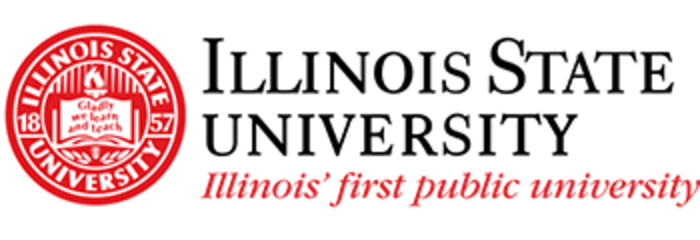
The Department of Health Sciences at Illinois State University has undergraduate degree programs in Environmental Health and Health Promotion and Education. The Environmental Health program focuses on ensuring public and environmental health by focusing on assessment, control, and prevention of biological, chemical, and physical hazards in our environment, and how they might lead to environmental damage or human health problems. This track prepares students for careers in public health, occupational health (industrial hygiene), environmental health and safety, institutional health, and environmental protection.
Students in the Health Promotion and Education program focus on health promotion and disease prevention, leading to career paths related to teaching individuals how to be healthier, either in community health promotion or school health education. Core courses include Community Public Health Education, Human Disease Processes, and Strategies in Health Education.
Both majors have specific practicum requirements so students can gain practical experience in their areas of study. Students also have the opportunity to participate in campus organizations related to their focus, including the Student Environmental Health Association, American Industrial Hygiene Association, and the Eta Sigma Gamma student chapter of the National Professional Health Education Honorary.
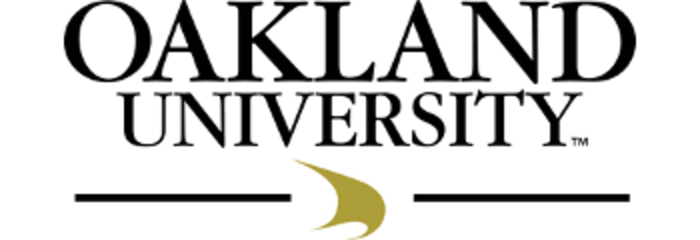
Through the Bachelor’s of Science in Health Sciences program at Oakland University, students receive an interdisciplinary degree that fulfills prerequisite coursework for graduate school or professional health sciences degrees. Academic tracks include paths in Pre-Health Professional, Pre-Pharmacy, Nutrition, or Holistic Health. Students benefit from access to clinical settings and hands-on experiences, small classes, one-on-one guidance from faculty, and opportunities to be deeply involved in research.
All students, regardless of their academic track, receive a foundational education in biology, human anatomy, physiology, personal and occupational health, community and public health, health care law and values, and psychology. Those in the Holistic Health concentration take courses such as Contemporary Topics in Health, Modalities for Healing, Healing Traditions, and Biological Psychology. The Nutrition concentration includes classes such as Nutrient Metabolism, Nutrition and Culture, Nutrition and Lifecycles, and Nutrient Metabolism. Pre-Health and Pre-Pharmacy students have very similar core courses in Human Pathology, Chemistry, Biochemistry, and Physics, with Pre-Pharmacy students also required to complete one year at a professionally accredited pharmacy school. With the exception of Pre-Pharmacy, majors also complete varying minimum credit requirements in elective courses, choosing from a wide array of concentration-specific courses such as Eating Disorders, Mindfulness, Social Determinants of Health, Obesity and Physical Activity, Stress Management, Nursing Informatics, Foodborne Illnesses, Animal Behavior, and more. Majors also have the chance to build leadership skills through the health science-specific Explorations in Collaborative Leadership and InterProfessional Education program.
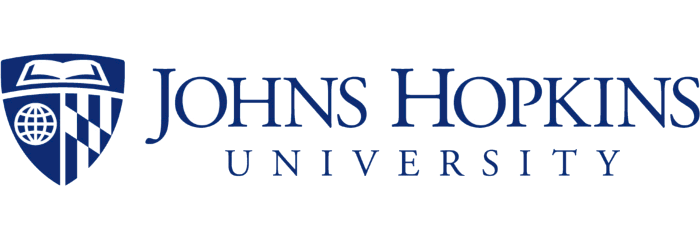
Johns Hopkins’ Public Health Studies program offers core courses through its Homewood campus and electives through the Bloomberg School of Public Health. Students complete foundational requirements in calculus, biology with a corresponding lab, and two introductory social science courses, such as History of Medicine, Introduction to Bioethics, or Global Security Politics.
There are six core courses for public health students that are required: Introduction to Public Health, Research Methods in Public Health, The Environment and Your Health, Fundamentals of Health Policy and Management, Public Health Biostatistics, and Fundamentals of Epidemiology. Students also choose between Sociology of Health and Illness or Clinical & Public Health Behavior Change, and choose three additional courses to round out the degree.
All students are required to complete 80 hours of fieldwork experience in a professional public health setting with one program, organization, or researcher. Johns Hopkins also offers the opportunity to pursue a combined Bachelor of Arts/Master of Health Sciences, or Bachelor of Arts/Master of Sciences in Public Health, allowing for completion of both degrees in five to six years. Public Health students apply for the master’s degree program during their junior year and must complete their undergraduate degree requirements before matriculating as a master’s student. Students may choose to participate in the school’s intersession study abroad program in Uganda, exploring the health and education programs serving Ugandan children while learning alongside students from Uganda’s Makerere University. The study abroad program also fulfills the Applied Experience requirement for majors.
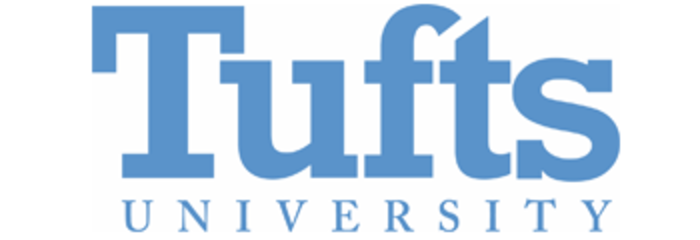
Tufts University offers two different health-related degrees for students who are interested in pursuing a career in public health or other areas of the field. The Department of Community Health has a multidisciplinary program in community health that focuses on exploring health and society while building an understanding of health policy and the healthcare system. Courses include Community Health Education and Practice, Introduction to Global Health, Health Care in America, Race, Ethnicity, and Health, Epidemics: People, Plagues, and Politics, and Water, Sanitation, and Health. Beyond the classroom, students benefit from opportunities to learn through community-based partnerships, civic engagement opportunities, guest speakers, visits to local communities, partners, and sites where health care takes place or groups develop policies or programming. Students are also required to complete a one-semester internship placement in the metro-Boston area.
Tufts also offers a Bachelor’s of Science in Environmental Health to set up students for professional careers in public health, health sciences, and risk assessment and regulatory affairs. This program focuses on non-point source environmental pollution, the influence of the built environment on the health of populations, epidemiological aspects of chronic illnesses, occupational health, risk assessment and risk management. Sample classes in this program include Principles in Epidemiology, Health/Risk Assessment, and Public Health. The specifics of the program are developed on an individual basis with each student’s advisor. Tufts also offers a combined degree of a Bachelor’s of Arts and a Master’s of Public Health.
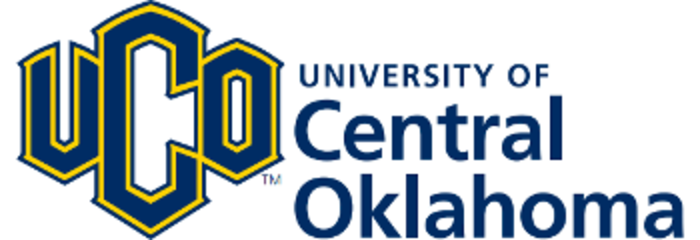
The University of Central Oklahoma offers a Community/Public Health Bachelor of Science degree program through the Department of Kinesiology and Health Studies. The program is accredited by the SOPHE-AAHE Baccalaureate Program Approval Committee and prepares students for careers as community health educators.
The university requires completion of core studies in writing and oral communication, quantitative reasoning/scientific method, critical inquiry and aesthetic analysis, American historical and political analysis, cultural and language analysis, social and behavioral analysis, and life skills. For the Community/Public Health major, students must complete courses in such subjects as Healthy Life Styles, First Aid with Cardiopulmonary Resuscitation, Contemporary Issues in Public Health, Applied Anatomy, Program Planning, Grant Writing and Fundraising, and Health and Aging. Students must also complete related coursework in Biological & Medical Terminology and Intro Statistics for Sciences, as well as electives to meet the minimum 124 required credit hours.
Graduates go on to find careers as health administrators, public health educators, environmental specialists, health promotion specialists, program managers, wellness coordinators, grant managers, and patient advocates. Completion of the program also allows graduates to sit for the CHES exam, allowing for access to some positions which provide a larger salary for those with the credentials.